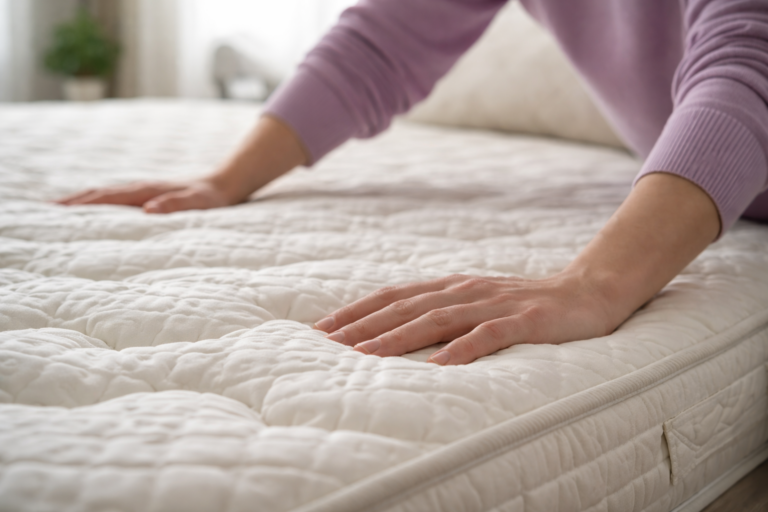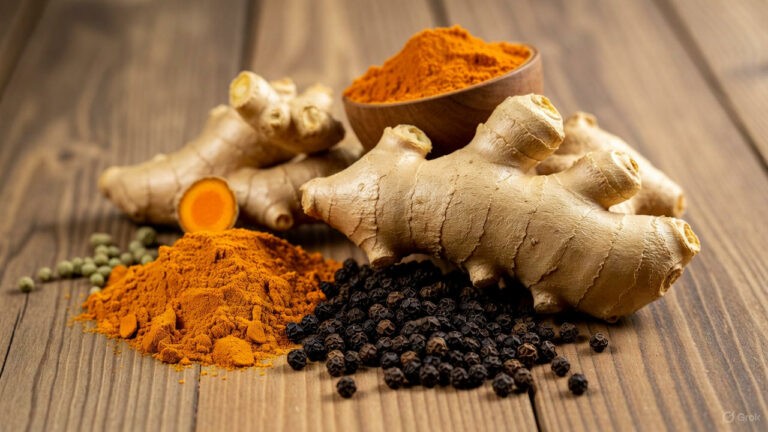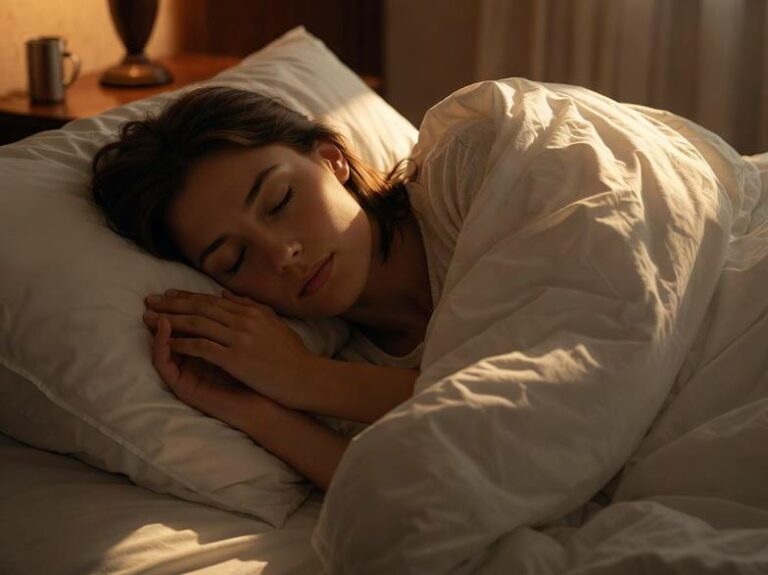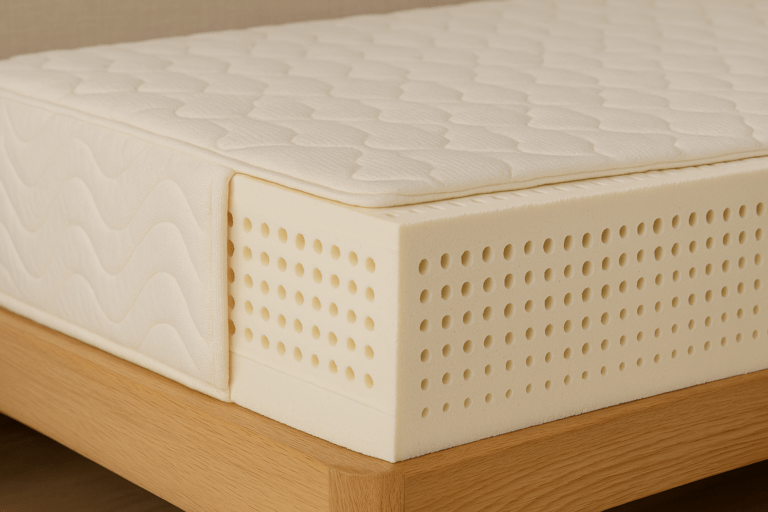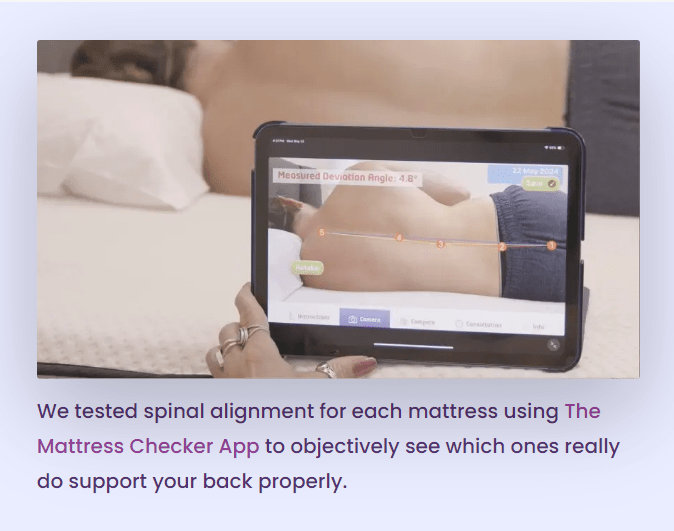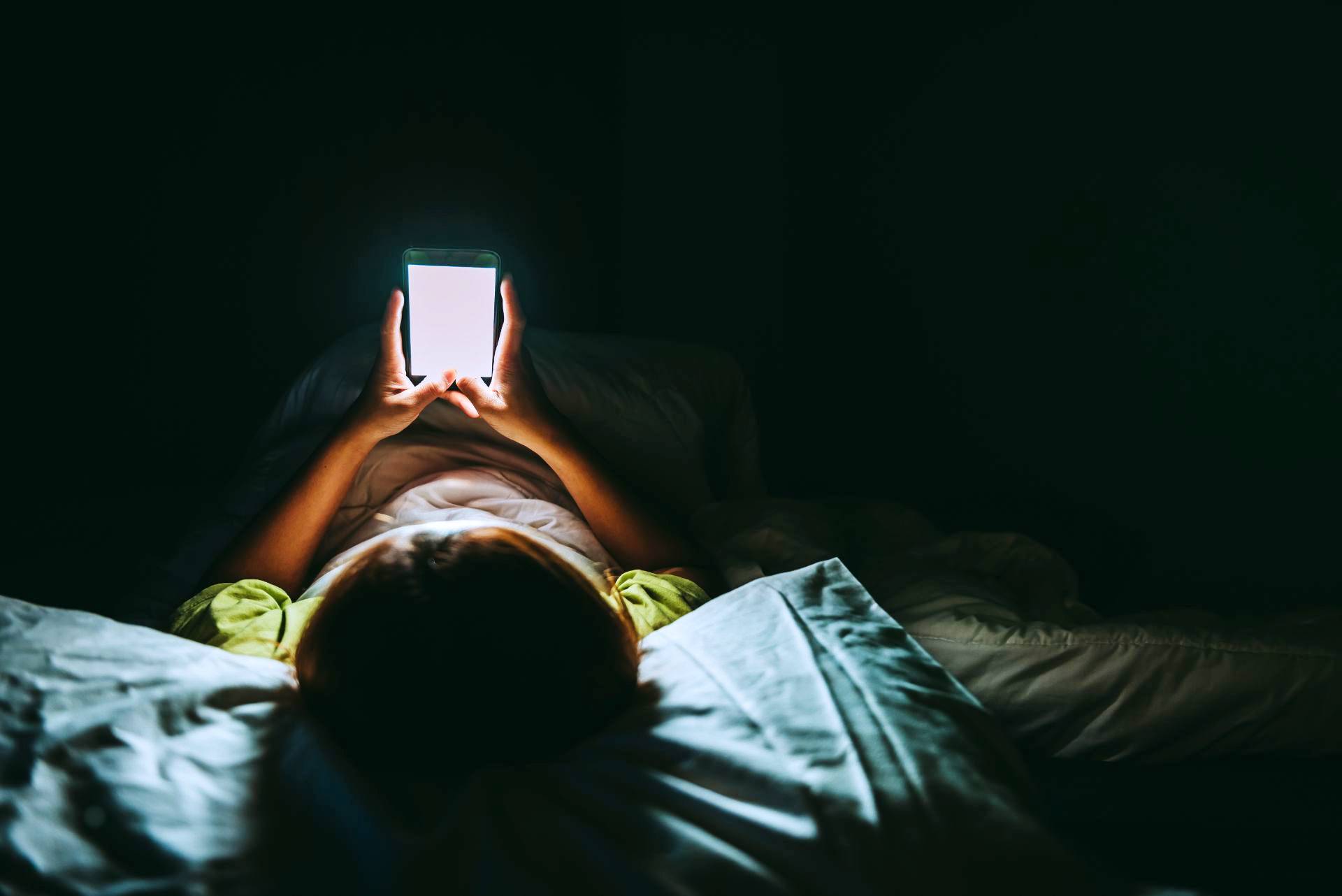
Do you use your smartphone right before going to sleep?
Once, phones were just for calling and texting, with internet access being a rare, costly feature. Accidentally clicking it as a teen could lead to a hefty phone bill! The rise of smartphones has drastically changed that. Since 2012, social media usage has surged by over 70% among adults and more than 90% among young adults. With constant access to the internet, it’s no wonder many people fall asleep while scrolling through their phones. See our top phone apps to avoid before bed to get better sleep.
Top Phone Apps To Avoid Before Bed
TikTok
All social media takes advantage of our internal reward system, encouraging frequent bursts of dopamine released from the brain and creating an addictive loop that can be challenging to disengage from. TikTok is a video app designed to keep you scrolling as long as possible with fun and often thought provoking content.
TikTok is full of content that is not only entertaining, but emotionally stimulating. Users may find themselves laughing one moment then crying the next at deeply personal story time videos. The strong emotional responses are likely to affect your dreams while your brain attempts to process what you saw, particularly if you relate to the content on a personal level.
In addition to this highly addictive process that keeps users coming back for more, TikTok videos keep you up longer and lower the quality of your sleep. In a report by Sleep Junkie, it was revealed that it takes over an hour for TikTok users to fall asleep on average, and only spend 14% of their sleep cycle in REM, almost half of the recommended amount. Long story short, if you’re trying to relax, TikTok is the last app you want to be gambling your emotional state with.
Instagram & Facebook
Both Instagram and Facebook encourage users to compare their personal lives to picture perfect content posted by paid influencers and others. Social media has been particularly hard on teenagers, who have a hard time disengaging for fear of missing out on conversations and notifications designed to keep them online as long as possible. This phenomenon affects plenty of adults as well, who are drawn to content they relate to or even to arguments with users they disagree with.
Scrolling endlessly looking for likes, answering messages, and engaging in heated interactions with other users are all things social media offers that are meant keep you awake and using these apps. In the report by Sleep Junkie, users on Instagram take an average of 58 minutes to fall asleep and spend only 15.5% of their sleep cycle in REM. Facebook users took about 45 minutes on average and spent 19.5% in REM.
Not only do both apps play on users release of dopamine and keep them alert, they create unrealistic expectations in the minds of users looking for validation in their lives. Those who use social media before bed are more likely to have poor mental health from lack of sleep and comparing themselves to others, something young adults are more susceptible to as they’re developing mentally.
Other Popular Apps
Snapchat, YouTube, Twitter, WhatsApp, Reddit and even Pinterest are all examples of popular apps designed to keep you engaged and scrolling. Use of these apps can keep users awake for 30-50 minutes longer than if they refrained from social media two hours before bedtime, and prevent quality REM sleep. Content varying from entertaining to emotional can be too stimulating before bed, and therefore difficult to detach from. Beware of using these apps before bed, and practice awareness of your emotional state after each session. You may be self-sabotaging your mental health with prolonged social media use.
Dark Mode
While it’s best to avoid these apps at bedtime, many of them offer a dark mode setting that eases the blue light emanating from your screen. Blue light is another huge factor in the use of social media before bed, reducing melatonin production and stimulating your brain into thinking it’s time to be awake and alert. By setting your apps in dark mode, you can relieve some of the strain on your eyes and mind, making it easier to relax after you check your notifications. Find out more about how blue light affects your sleep cycle here. (Link to previous article)
Sleep Procrastination
If you find yourself on social media in bed, you’re not doing yourself any favors, but you’re also not alone. In a survey of over 2,000, also by Sleep Junkie, 78% admit to putting off sleep by using their phones until they can no longer stay awake. It’s a bad habit that has a major impact on the quality of sleep, and reflects a lack of work/life balance. Poor quality of sleep leads to poor quality of life, and serious mental health problems like depression and anxiety.
Using social media when you have difficulty sleeping is a dangerous paradox. On one hand, it’s so easily accessible it seems harmless to scroll when you can’t sleep. But by continuing to expose yourself to blue light and potentially emotionally disrupting content, you’re only procrastinating a healthy sleep cycle. Remember while you’re watching self care videos that taking a break from social media before bed is actually the best form of self care there is!

